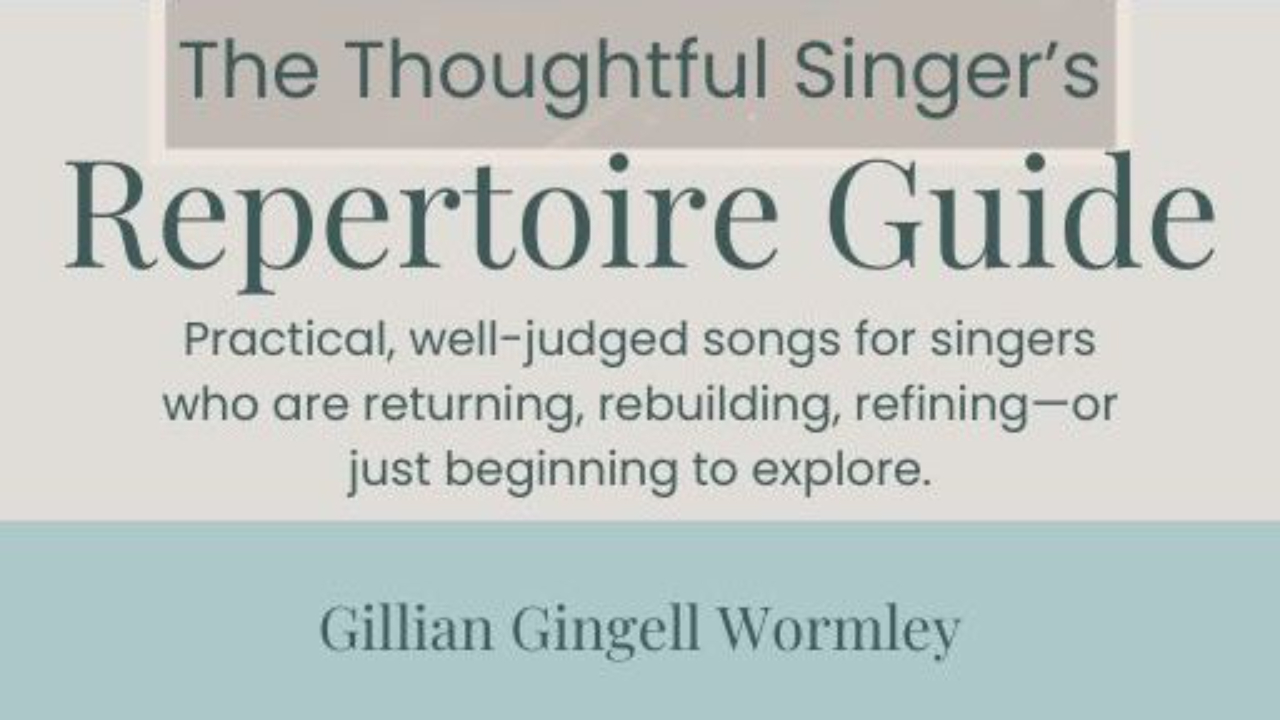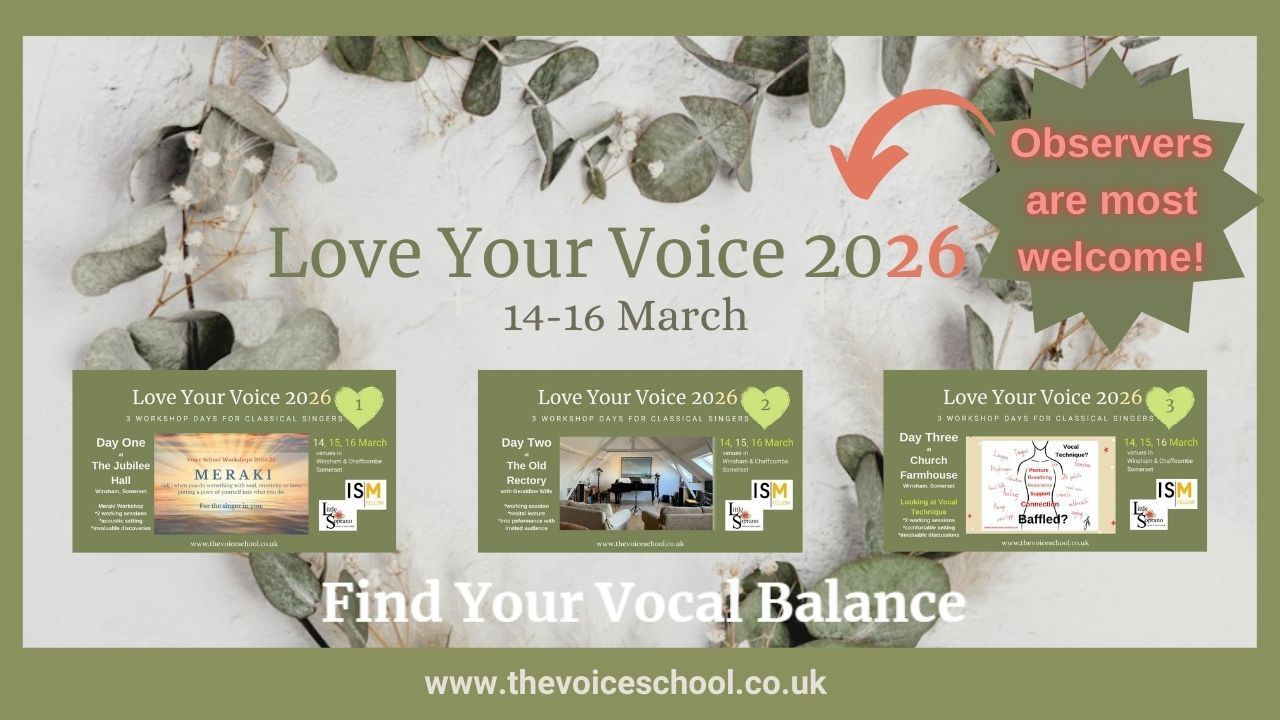How to free your classical singing voice

In any language, the tongue is a mighty muscle - and I’m sure if a cat (big or small) could talk, he or she would be truly proficient in its use.
Can’t you just picture that?

Photo by Isabella Jusková on Unsplash
A while back, according to Facebook, this topic was most popular - lots of likes. Everyone loved the picture of the big cat. What’s not to love? But hey! What about the content?
I’m known for talking a lot about vocal technique basics. So essential, and yet in the scheme of things often very overlooked, with students wanting to rush on to the more complicated and glossy stuff.
Singers too need to know their way around the ins and outs of nifty tongue use. Not only for clarity of diction and language but also to have a firm understanding of likely causes of vocal fatigue and related problems to do with limited vocal range and more.
How much tension do you think you hold in your jaw? I know I’ve said this before, but it translates to many vocal frustrations: lack of ran...
Technique Tuesday Revised: Breathing - no need to push!


I first shared this infographic in May 2017 - inspired by a quote from The Voice Gym that I had seen on Twitter. Its message has to be one of the most golden statements when it comes to learning how to sing well.
But, what does it mean?
Misconceptions
When we think about breathing, everyone is usually very stressed about it as they get into their singing. It becomes a primary concern ie, will I have enough to get me through that phrase?
Will it last…?
There’s the fear that since breath is always escaping, it needs to be controlled by
- a) getting masses of it IN, and then
- b) to hold on to it, to control it for as long as possible, to nail that 4-bar phrase/that high note/the last note…
If we imagine gaining greater volume when we sing, there’s a psychological trigger that suggests to us that we must push more air to make it happen. But a greater volume achieved by pushing more air simply puts more stress on those little vocal folds (only 3-6 cells thick each) and leads to a...
Stay connected. Let's Sing!

I’ve been teaching online for some time now, and I really enjoy it. It started out of necessity, because I had moved away - relocated - just as a parent had reached out asking me to mentor his son. To avoid disappointment and to see if I could help despite the 165 miles distance between us, I began crafting my teaching business to include delivering lessons and mentoring more online.
That was back in 2012. Technology has moved on a lot since then - of course. If you can handle the thought processes, be creatively curious about how to overcome problems, or embrace new tech solutions, then it’s an exciting way to deliver to students and groups who would normally be separated by geography.
Coronavirus brought a whole new meaning to separation and isolation, with many singers, necessarily cut off from their normal routine - lessons, rehearsals, ensembles, choirs, and performances. All halted.
Technology and the internet, with all its variety and wonder, has been a saviour; the online ...
Technique Tuesday: Vocal Folds

For singers and speakers alike, the vocal folds are quite amazing. And an essential piece of our kit.
We are each born with a perfect set, and over a lifetime, we put them through a lot. We expect them to do their thing for us over and over and over - when we are tired, hungry, dehydrated, sad, angry, exhilarated, in fact, any number or combination of situations and experiences, we seldom stop to consider how we may be abusing our little vocal folds.
I can’t imagine being robbed of my voice. As I age I am appreciating even more how important it is to stop and understand complete vocal care. I teach students about the 5 Essential Vocal Exercises or fundamental knowledge that any singer or speaker needs to have in...







